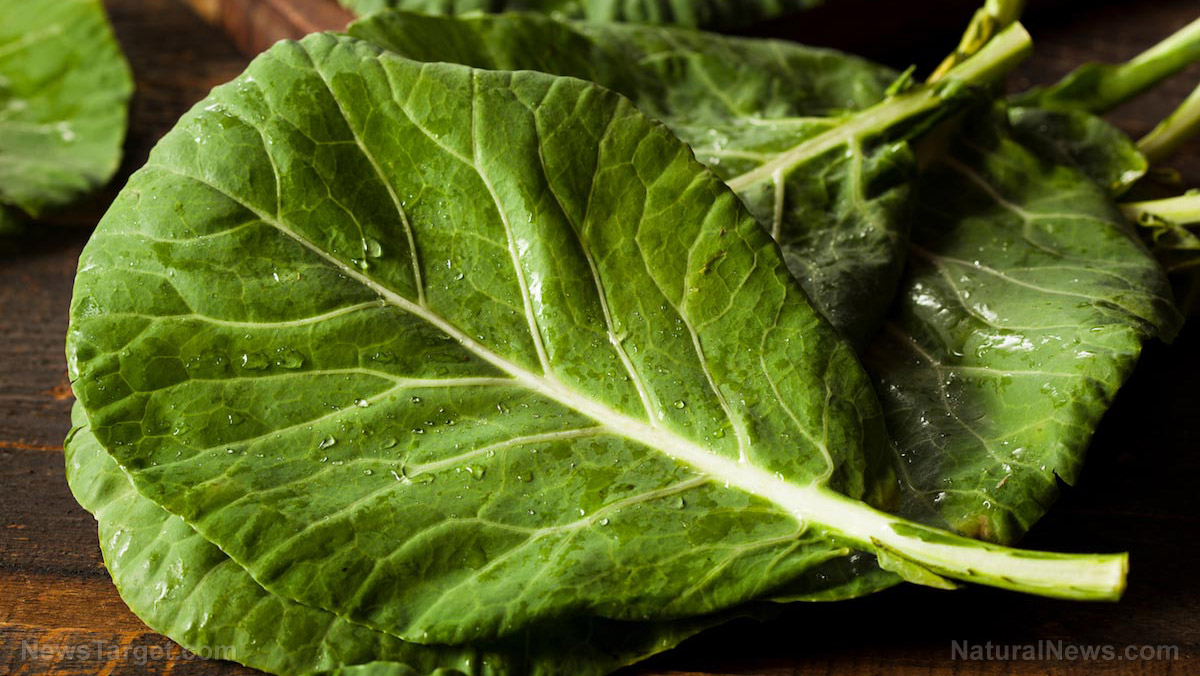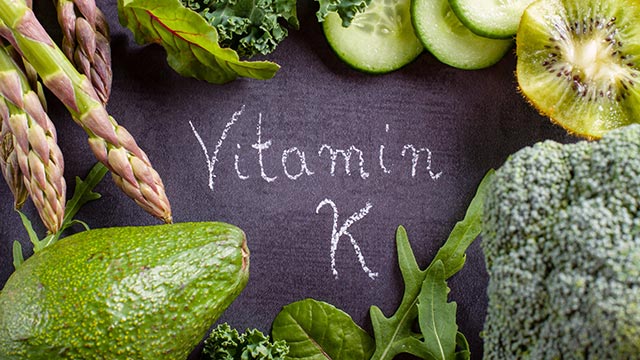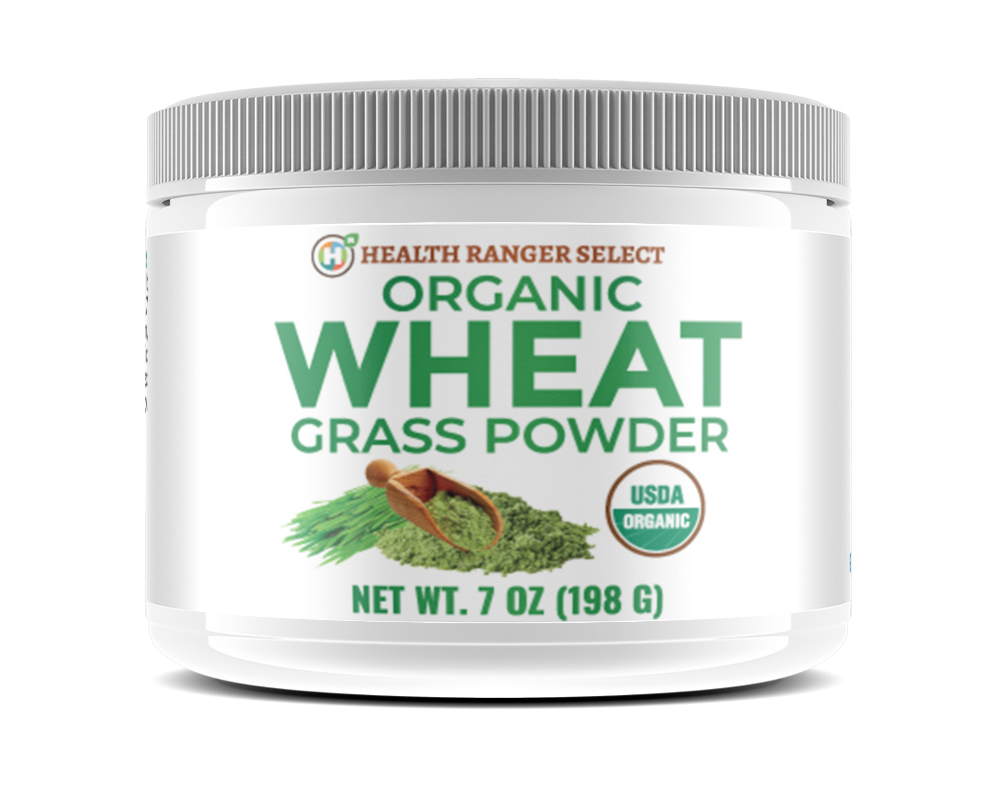Eat more polyphenols for better oral health
03/19/2019 / By Michelle Simmons

You can give extra care for your oral health by consuming more polyphenols. These are compounds derived from plants that serve different functions, including plant defense, growth regulation, and even color. A systematic review published in the journal Fitoterapia concluded that polyphenols have great potential as antimicrobial and anti-inflammatory substances in the treatment and prevention of periodontal disease.
For the review, researchers from China and Germany looked at the existing scientific literature on the effects of plant-derived polyphenols on oral pathogens and inflammation. The researchers gathered a total of 38 scientific literature on polyphenols with antimicrobial and anti-inflammatory characteristics and their effects on oral health. Twenty-three of these studies looked at the anti-inflammatory effects of polyphenols, while 18 focused on the antibacterial effects of polyphenols against periodontal pathogens. Three studies included both the anti-inflammatory and antibacterial effects of polyphenols.
Based on the evidence they gathered, polyphenols cause a reduced secretion of pro-inflammatory cytokines, while increasing the number of anti-inflammatory cytokines. In vivo studies also reveal that polyphenols exhibited their antibacterial effects by causing higher attachment levels to oral cells and lower inflammation and bone loss. These results indicate that polyphenols inhibit oral bacteria activities and reduce inflammation.
With these findings, the researchers conclude that plant-derived polyphenols possess great antibacterial and anti-inflammatory effects against oral pathogens, which are important in the prevention and treatment of periodontal disease. (Related: The dangers of poor oral health and why conventional products and dentists often make it worse.)
Maintaining oral health is important because some studies have found that oral bacteria and the inflammation associated with periodontitis, which is a severe form of gum disease, may affect your overall health.
Different types of polyphenols and the health benefits they offer
There are over 500 unique polyphenols, which are further classified into different groups, such as:
Flavonoids: Flavonoids, sometimes referred to as bioflavonoids, are a class of polyphenols that serve as both antioxidants and anti-inflammatory agents. They are divided into subgroups: flavones, flavonols, flavanones, isoflavones, anthocyanidins, chalcones, and catechins. They are found in various plant-based foods, such as fruits, vegetables, legumes, red wine, and green tea. However, they are often sold as dietary supplements. Flavonoids can also be beneficial to people with Type 2 diabetes. Various studies reported that flavan-3-ols, a type of flavonoid, may help lower insulin resistance. It can also generally reduce the risk of Type 2 diabetes. Other studies showed that flavonoids can aid in weight management. In one study, researchers compared the consumption of flavonoids with body mass index (BMI) and waist circumference and found that higher flavonoid intake was linked to lower BMI and waist circumference.
Phenolic acids: Phenolic acids, in general, work as antioxidants. However, they also appear to promote anti-inflammatory effects in the body. These compounds are abundant in the diet and can be found in apples, berries, cherries, coffee, grapes, kiwi fruits, plums, red wine, and tea. They are also easily absorbed through the walls of the intestinal tract.
Stilbenes: The most commonly known and most studied type of stilbenes is resveratrol, which is found in blueberries, cranberries, peanuts, and red wine. Research has shown that the intake of these foods has been associated with improved heart health. Resveratrol also works both as an antioxidant and anti-inflammatory agent, according to laboratory studies.
Lignans: Unlike the other three types of polyphenols, it is not as easy to eat plenty of lignans. You can get loads of lignans from virgin olive oil, whole grain rye flour, and flax and sesame seeds, but they can also be found in algae, cereals, fruits, grains, legumes, and some vegetables. If you can get them from food, you can take lignans as dietary supplements. Lignans are said to be good for cardiovascular health.
Read more news stories and studies on the health benefits of polyphenols by going to Phytonutrients.news.
Sources include:
Tagged Under: alternative medicine, anti-inflammatory, antibacterial, natural cures, natural medicine, natural remedies, oral health, periodontal disease, periodontitis, plant medicine, polyphenols



















